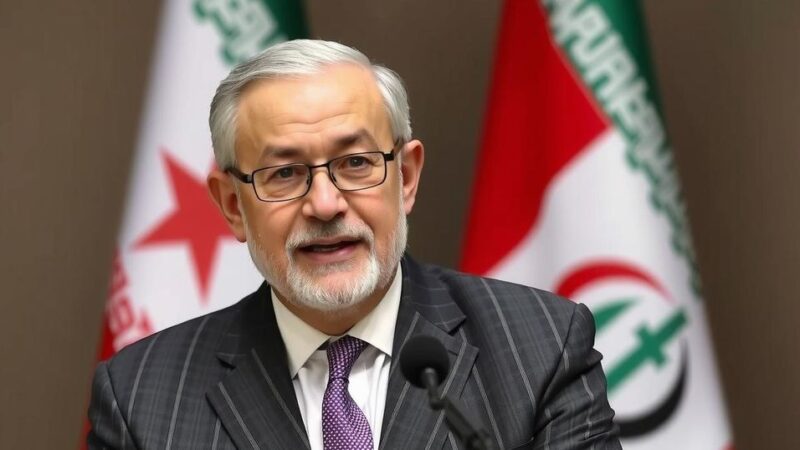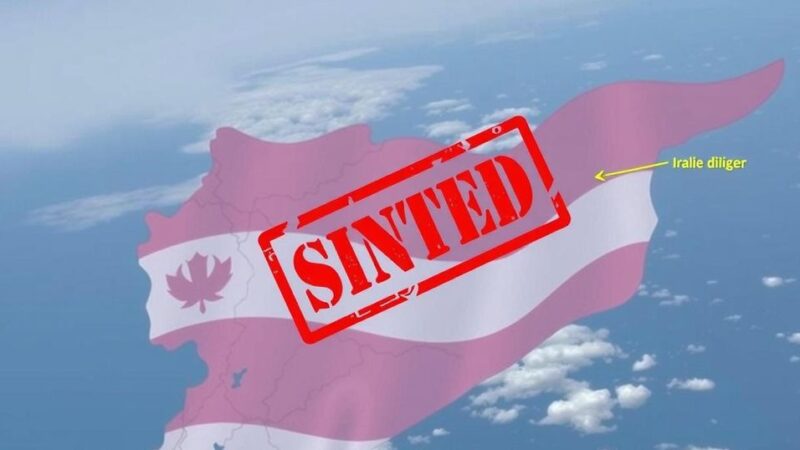Qatar has called for the expedited lifting of sanctions on Syria after President Bashar Assad was ousted by Islamist-led rebels. Following the reopening of its embassy in Damascus, foreign ministry spokesperson Majed Al-Ansari argued that sanctions should be lifted as their justification no longer exists. Qatar’s long-standing opposition to Assad contrasted with several neighboring countries, which have re-established ties with Syria, while the international community remains cautious about the new authorities’ governance.
On Tuesday, Qatar urged for the swift lifting of international sanctions on Syria following the overthrow of President Bashar Assad by Islamist factions. Speaking at a regular press briefing, foreign ministry spokesperson Majed Al-Ansari emphasized the need for urgent action: “We call for intensified efforts to expedite the lifting of international sanctions on Syria.” This call for sanction removal coincided with a high-level delegation’s recent visit to Damascus and the reopening of the Qatari embassy there after a 13-year diplomatic rift. Al-Ansari stated clearly that the rationale for the sanctions no longer exists since they were imposed due to the actions of Assad’s regime, which has since been ousted. Historically, Qatar has been a prominent supporter of the anti-Assad rebellion that began in 2011, contrasting with many neighboring countries that have normalized relations with Syria after its return to the Arab League. However, the international community remains cautious, opting to monitor how the newly established authorities will govern.
The sanctions against Syria were enacted in response to the Assad regime’s violent crackdown on peaceful protests that erupted in 2011, which escalated into a civil war marked by significant human rights violations. Qatar’s involvement in supporting the rebels stems from its opposition to Assad, positioning itself as a key player in advocating for his removal. Recent diplomatic developments, including the reopening of the Qatari embassy, signify a potential shift in relations, prompting calls for a reassessment of sanctions. The talks of lifting sanctions highlight broader geopolitical dynamics and regional diplomatic shifts within the Arab world, as other nations have recently resumed ties with Syria.
In conclusion, Qatar’s insistence on swiftly lifting sanctions against Syria underscores a significant diplomatic shift following the removal of Bashar Assad by Islamist-led forces. The call for action reflects both historical support for the rebellion and a changing regional landscape, as Qatar seeks to re-establish relations and redefine its position within Arab diplomacy. However, the international community remains hesitant to act, waiting to see the governance approach of Syria’s new leadership before making any formal decisions regarding sanctions.
Original Source: www.arabnews.com







